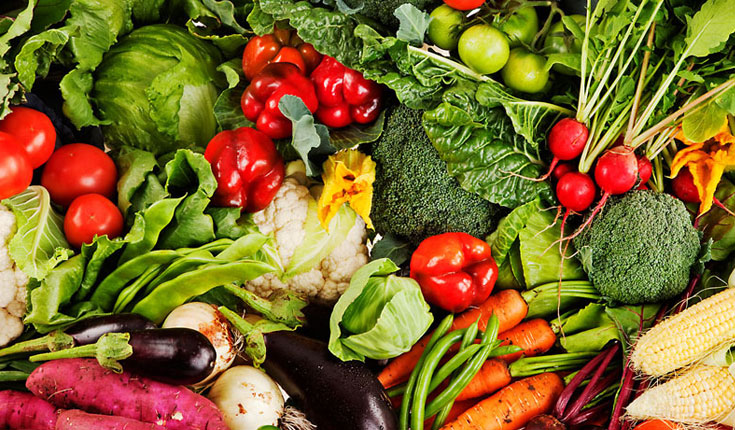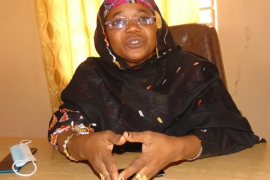Mary Oyiela Onyango is a Kenyan woman born on the twentieth of February 1959. Her parents are Mr and Mrs Enos and Rosabelle Abukutsa. Mary is the third born of the family amongst eight children which Enos and Rosabelle had. Both parents loved to their children when Enos saw Mary’s bond to books he supported her with all he had while her mother taught her to be caring and loving.
Mary is a graduate of the University of Nairobi, she holds both bachelor’s and master’s degree of science in agriculture. She had her primary education in Ematsuli Primary School in Emuhya and her secondary education Bunyore Girls High School in Wekhomo from 1966 to 1976.
She got married on 3 April 1987 to Mr J.C. Onyango and they are blessed with two boys, Douglas and Anthony Onyango.
In 1995, Mary later furthered her education she pursued a doctorate degree in philosophy in Olericulture, Plant Physiology and Nutrition from Wye College, University of London.
Mary became interested in indigenous African vegetables as a result of an illness she had when she was young. She fell ill due to an allergy to animal proteins, which was cured natively by her parents and grandmother using herb leaves like nightshade, jute mallow, pumpkin leaves and sesame paste which were cooked are given to her. These herbs worked perfectly on her, and it became an inspiration that led to her pursuit of agriculture as a career.
Her passion was to unravel the mysteries of the indigenous African vegetables because she knew they had potentials hidden in them. So she sought farmers and did numerous practical researches on indigenous plants and finally, she directed her focus to the nutritional properties of the vegetables.
One of her research was that there is a concentration of protein and iron and are rich in calcium, folate, and vitamins A, C, and E in the amaranth greens, African nightshade, and spider plant that can stop malnutrition in the human body if cooked and fed because they contain nutrient and proteins that can replace the nutrients in meat from those who cannot afford meat. These researches pulled her into working with many restaurants in Kenya in order to find ways of including these more nutritious, indigenous vegetables into their menus’.
Mrs Mary has been successful in all her researches and she is currently a professor of horticulture at the Jomo Kenyatta University of Agriculture and Technology in Juja, Kenya. She has extended her work to affect Kenya’s policy-makers such as; the Kenya Health Ministry after several explanations on benefits of indigenous plant the ministry has advised hospitals to use African indigenous vegetables in HIV patients’ diets. Also, she has been able to convey her messages via 20 published peer-reviewed scientific articles.




